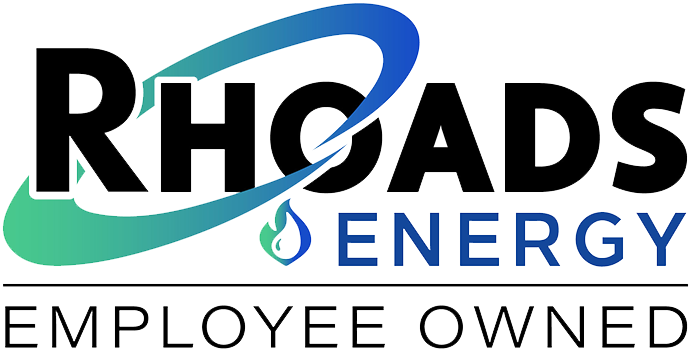R-22 Phase Out: What you need to know
It won’t be long before residents crank up their central air conditioning systems — if they haven’t already. What many of these folks don’t realize? They’re cooling on borrowed time. Thousands of these systems use a common refrigerant, called R-22, which is becoming increasingly scarce — and prohibitively expensive. In just over 18 months, it will be banned altogether.
What is R-22?
A refrigerant, also known as Freon 22, was most commonly used in air conditioning systems because it is the key component to absorbing and removing heat from a space.
Why is R-22 being phased-out?
Several years ago, the EPA mandated the complete phase-out on the production or import of R-22 by January 1, 2020. R-22 is a greenhouse gas that contributes to the depletion of the Earth’s ozone layer and to global warming. With the deadline of the phase-out looming, prices have skyrocketed for the R-22 that remains in the marketplace. Industry experts believe prices will continue to rise as the supply diminishes.
How big of a problem is this?
We estimate that 50% of our customer’s systems currently employ R-22. Many systems installed before 2010 most likely use phased-out refrigerant.
What happens if there is a problem with a R-22 system?
Our service techs may add a small amount of R-22 to the system along with a dye pack to try to identify the leak. If we cannot identify the source of the problem or a system requires a large amount of R-22, we recommend a system replacement. Due to the amount of R-22 we have available, we typically will not add R-22 to a unit. We have found that most units will need R-22 to be added again in a short amount of time.
Why do we recommend a replacement?
It may cost hundreds just for the refrigerant, and any future problems would be even more expensive as R-22 supply decreases. Other reasons to upgrade to a new system include: greater efficiency, lower cooling costs and better for the environment.
The beginning of the cooling season is when homeowners tend to discover problems with aging systems – loss of refrigerant including frosting or freezing refrigerant lines, labored operation on startup or clogged filters. If you notice any of these or other issues with your central air conditioning system, contact us immediately to schedule a service appointment.
